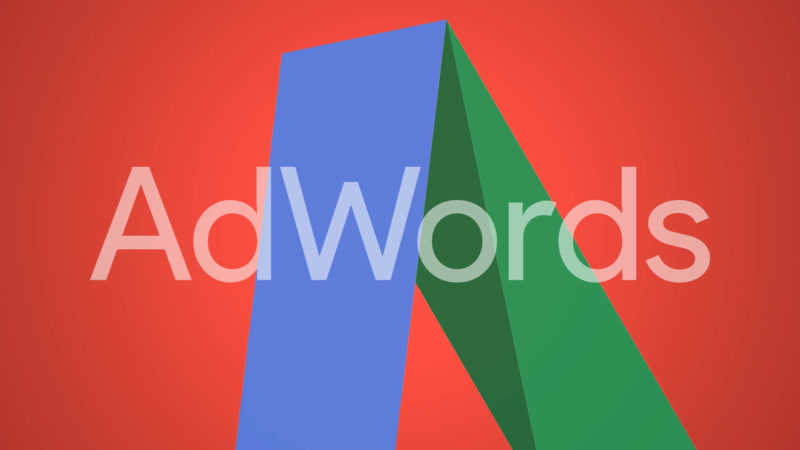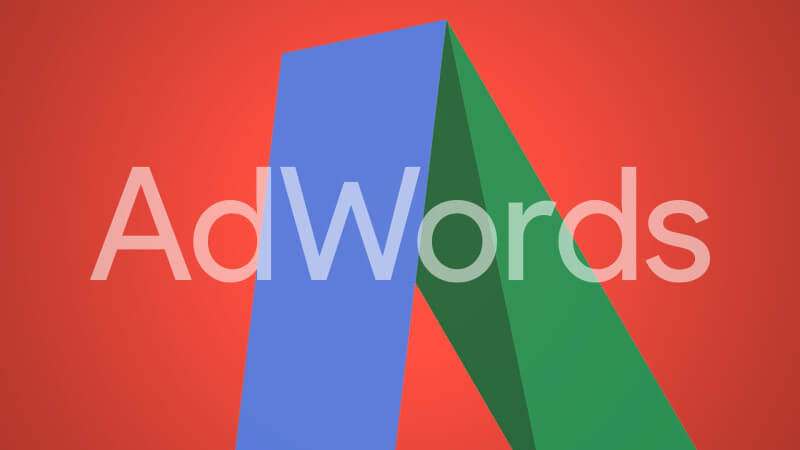
AdWords is a brutal marketplace for many B2B businesses. There’s low search volume and high competition, resulting in extremely expensive CPCs — not good.
Instead of burning your cash on expensive and ineffective ads, consider these five AdWords tweaks and strategies that any company can implement immediately.
1. Start with negative keywords
Homing in on the keywords that work for you is the single most important step for running profitable advertising for your company. The best way to do that is by answering the question, “What were the keywords that actually triggered my ads?” using the Search Terms report, and trimming the nonsense using negative keywords. In this case, there are two important exclusion categories.
Irrelevant searches
Does the search have anything to do with your company? Depending on how broad your keywords are, you’ll need to exclude homonyms, pop culture references (see below), misspellings and NSFW searches.
Here’s a ridiculously hypothetical situation: You sell delicious homemade fig preserves, so you bid on the keyword “jam.” You then realize your ads aren’t doing so hot because most people who google the term “jam” are looking for Michael Jackson’s 1991 smash hit starring Michael Jordan. People then click your ad and leave disappointed, without making a purchase, because they had a glimmer of hope that Michael Jordan also came out with a delicious jam that no one knew about.
I mean, hey, people can be unpredictable sometimes. Spend enough time in the Search Terms report and you’ll know that all too well.
Unqualified traffic
The second type of exclusion is preventing searches from people who aren’t quite ready to buy (unqualified traffic) who may still cost you a click. Here’s a shortlist to get you started.
- Job seekers: -hire -employer -job -jobs -occupation -occuptions -careers -career -full-time -part-time -work -resume(s) -salary -salaries -intern
- Budget hunters: -free -cheap -ebay -craigslist -bargain -liquidation -quote
- Online learners: -learn -classes -school -tutorials -university -course -textbook -book -training
- Press & review seekers: -reviews -rating -option -articles -info -pics -how-to -case study -journal -magazine -statistics -stats -white paper
It’s important to focus on lead quality. Perhaps users looking for a free tool via Google convert well on a free trial, so you’ll want to attack, rather than exclude traffic for free resources or products.
There are three keyword match types you can use filter out keywords with more precision and reliability:
Negative broad match
- Your ads will not show if all your negative keywords are present in search query
- Order does not matter
So, if your negative keywords are “Ford Mustang”:
✅ Ad will show: “Colonial Spanish horse Mustang”
❌ Ad willnot show: “Is the Mustang made by Ford?”
Negative phrase match
- Your ads will not show if all your negative keywords are present in search query
- Order matters
So, if your negative keywords are “Banana Pudding”:
✅ Ad will show: “Does pudding with bananas taste good?”
❌ Ad willnot show: “Best banana pudding recipes”
Negative exact match
- Your ads will not show if all your negative keywords are present in search query.
- Order matters.
- No extra words.
So, if your negative keywords are: “Yellow Taxi”:
✅ Ad will show: “Taxi New York Yellow”
❌ Ad willnot show: “Yellow Taxi”
Negative keyword best practices
- Look for people searching with action words like “buy” or “purchase.” If you are going to pay for expensive keywords, you might as well make sure those converting are at the bottom of your funnel. Other popular and actionable keywords are “free,” “trial” and “demo.”
[Read the full article on Search Engine Land.]
Some opinions expressed in this article may be those of a guest author and not necessarily Marketing Land. Staff authors are listed here.
About The Author

Popular Stories
Related Topics
